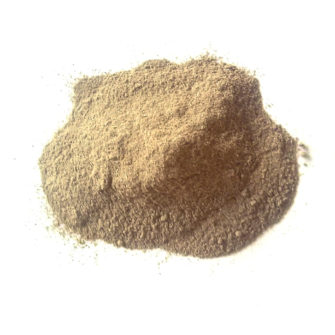Kava, also known as “kava kava”, has grown in popularity recently for its calming effects. The extract is made from the piper methysticum plant and originates from the South Pacific islands where it is consumed as a drink in ceremonies for relaxation.
The name “kava” comes from the Polynesian word “awa,” which means bitter. Kava effects the brain and other parts of the central nervous system inducing a tranquil, sedative feeling. The active chemicals, called kavalactones, found in kava are believed to be responsible for its sedative effects.
People commonly use kava for anxiety but is also used to help people suffering from withdrawal from benzodiazepines. Beyond its recreational and ceremonial use, kava is commonly used in alternative medicine as a natural anxiolytic (anxiety-reducing) drug. It may also improve sleep in people with insomnia, often with fewer side effects than pharmaceutical options.
Kava Uses
- Treatment for anxiety
- Insomnia
- Relaxation
Side Effects of Kava
Consumption of excessive amounts of poor-quality kava products, may be linked to an increased risk of adverse health outcomes, including potential liver injury. Kava was taken off the market in Europe and Canada in the early 2000s. But after reviewing the evidence, most countries have allowed kava to return to the market. Kava was never taken off the market in the USA.
Kava may have potential risks if taken during pregnancy or while breastfeeding because of the presence of harmful pyrone constituents.
Kava can cause drowsiness and impair judgment, reflexes, and visual acuity. Do not use kava if you plan to drive or operate heavy machinery.
Milder side effects:
- Digestive upset
- Headache
- Dizziness
Contraindications Related to Kava
- Since Kava’s effect on the neurological system is not well understood, it should not be used in people with clinical depression, bipolar disorder, or schizophrenia.
- Kava should be avoided in people with Parkinson’s disease as it can potentially make the symptoms worse.
- Kava may interfere with blood clotting so it should not be used by people with bleeding disorders or plan to have surgery.
- Kava should be avoided in people with alcoholism, liver disease, pulmonary hypertension, low blood pressure (hypotension), or kidney disease.
Origins of Kava
Pacific islands of Hawaii, Micronesia, Vanuatu, Fiji, the Samoas, and Tonga
My Favorites
- No Favorites Yet

